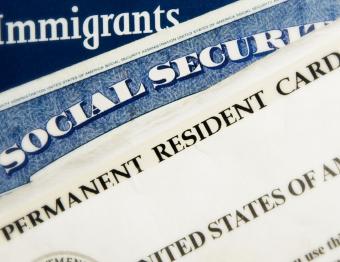Citizenship & Civic Engagement
Citizenship & Civic Engagement
Recent Activity
Recent Activity
Commentaries
March 2017
The failure of Geert Wilders’ right-wing, anti-Islam Freedom Party (PVV) to become the top vote-getter in the Dutch parliamentary elections is being hailed as proof of the limits of anti-Muslim rhetoric and even the “waning” of the appeal of right-wing populism. But as this commentary explores, a closer reading leads one to a more nuanced interpretation of the results and the recognition that Wilders will remain a major force.












The Dutch Elections: How to Lose and Still Shape the Direction of a Country—and Possibly a Continent?